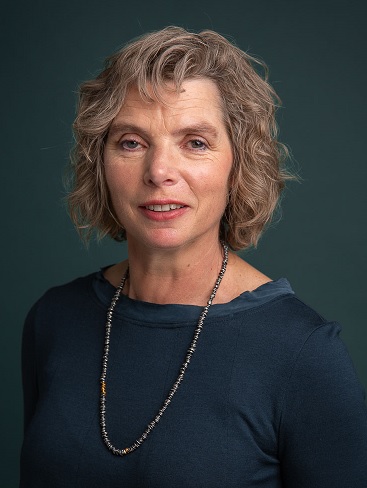 During New Zealand’s COVID-19 response, general practice adapted rapidly (ahead of the Government’s lockdown) and now has a plan for an accessible and equitable community health model.
During New Zealand’s COVID-19 response, general practice adapted rapidly (ahead of the Government’s lockdown) and now has a plan for an accessible and equitable community health model.
That’s the tenor of a manifesto issued today by The Royal New Zealand College of General Practitioners authored by its president, Dr Samantha Murton (pictured left). The manifesto, which was written while GPs await the final report on the Government’s Health & Disability System Review outlines a future-focused view for how community medicine could best be equitable and accessible, and how it needs to be supported to achieve that.
Dr Murton worked with several GP and academic collaborators on the manifesto, which establishes COVID-19 and the way that GPs quickly and nimbly moved to remote consultations, as a starting point for change.
She says, “During New Zealand’s pandemic response GPs used technology to advance community healthcare and while there were a lot of positives there were also some glaring inequities and access issues that give us a point for improving New Zealand’s health system.”
When GPs pivoted their businesses to doing remote consultations, they coupled the benefits of technology with the relationship-focused, holistic care delivered by seeing a doctor in person. They also helped address some of the inequities in the health system, but others became more apparent.
“COVID-19 has given us the opportunity to reset our future as community doctors and transform healthcare across the country,” says Dr Murton.
“We’ve made enormous change to cater to the wellness of our patients; we’ve operated on the frontline of a global pandemic and now have the chance to show New Zealanders what their community medicine could be like, if it operated as it should.”
The ‘COVID-19 world’ has seen a rapid change to many health services, including requirements for WINZ and ACC medical certificates, online allied health appointments, and e-prescriptions. These were all strongly advocated for by College medical director Dr Bryan Betty and offer great advantages in terms of time and efficiency.
“Our new world order shows that organisations can make it easier for GPs and their patients.
“Why would we change back to something that had not been providing adequate or equitable service for many? The short answer is, we shouldn’t,” says Dr Murton.
Ethnicity, location, cost of care, and rurality are all barriers to primary healthcare access in New Zealand, and all are addressed in the College’s manifesto. There has been a significant boost to funding into the Health Sector and we need to ensure that funding gets out into the community where most health care occurs.
Support is also needed to ensure digital health technology is equitable, especially for Māori and rural patients, and effective and accessible for those with higher needs based on language, disability, or age.
Read the full manifesto.